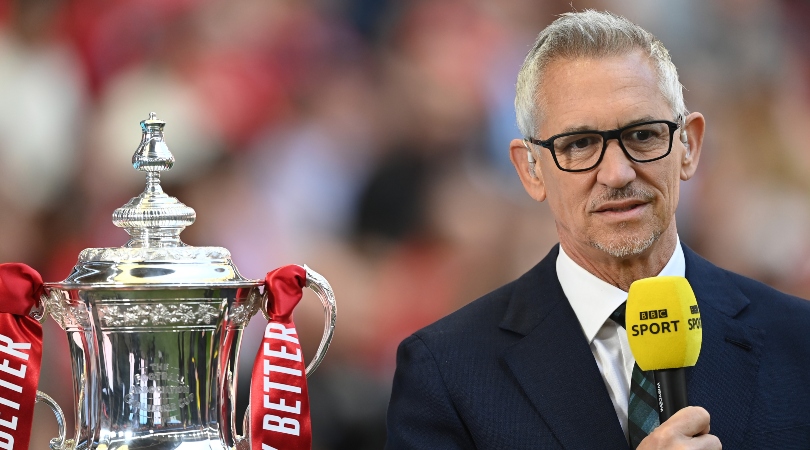16 Premier League stars you won't believe played in a World Cup
From disastrous flops to limited cult heroes, few fans who watched this lot in the Premier League could make sense of their World Cup selection, as Jack Beresford explains
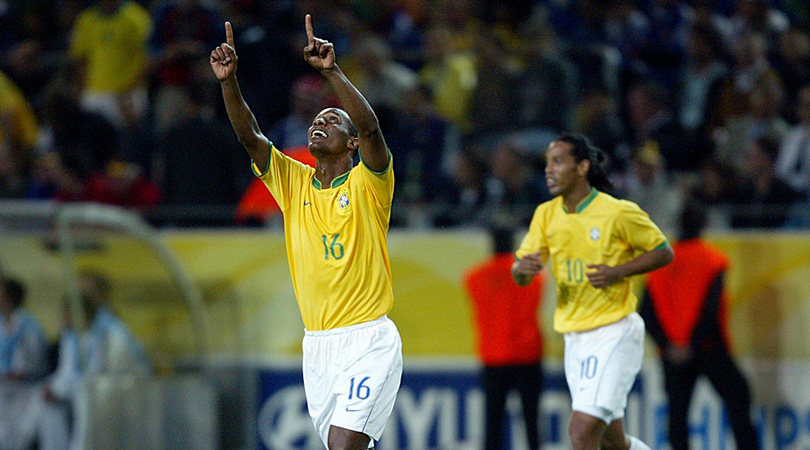
Agustin Delgado (Ecuador)
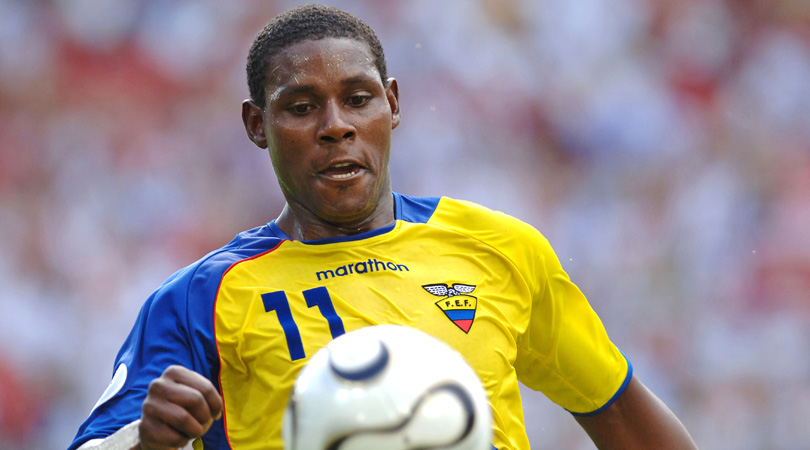
Most Southampton fans would struggle to recall much from Delgado’s underwhelming time at St Mary’s – but Sol Campbell might. He played an instrumental role in Delgado’s only standout performance for the Saints against Arsenal, hauling the Ecuadorian down as he was through on goal and receiving a red card for his troubles.
Delgado went on to score in a 3-2 Southampton win but that was as good as it got. Often injured and isolated by a refusal to learn any English, Delgado surprised many Saints fans as he turned up at the 2002 World Cup... where he scored against Mexico. Not least manager Gordon Strachan: Delgado was supposed to be injured.
Bernard Diomede (France)
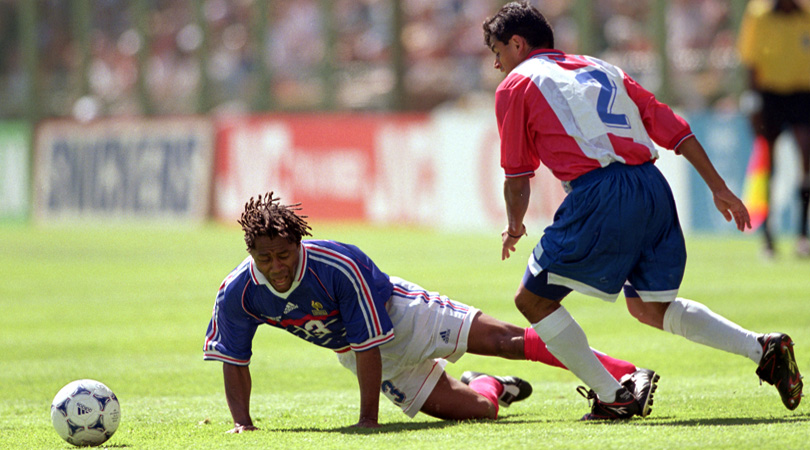
World Cup winner Diomede almost made the perfect start to life at Liverpool after arriving from Auxerre for £3m in 2002. Facing Sunderland on his debut, the supposedly-tricky winger appeared to have opened his account with an audacious overhead kick – but the referee and linesman had failed to spot his strike crossing the line. Diomede was denied his ideal beginning and it was all downhill from there.
Injuries and poor form restricted the Frenchman to just five appearances in two years. It suddenly seemed astonishing, in retrospect, that Diomede had played eight times for France in the space of a single year – including three games at the 1998 World Cup.
Andreas Andersson (Sweden)
Get FourFourTwo Newsletter
The best features, fun and footballing quizzes, straight to your inbox every week.
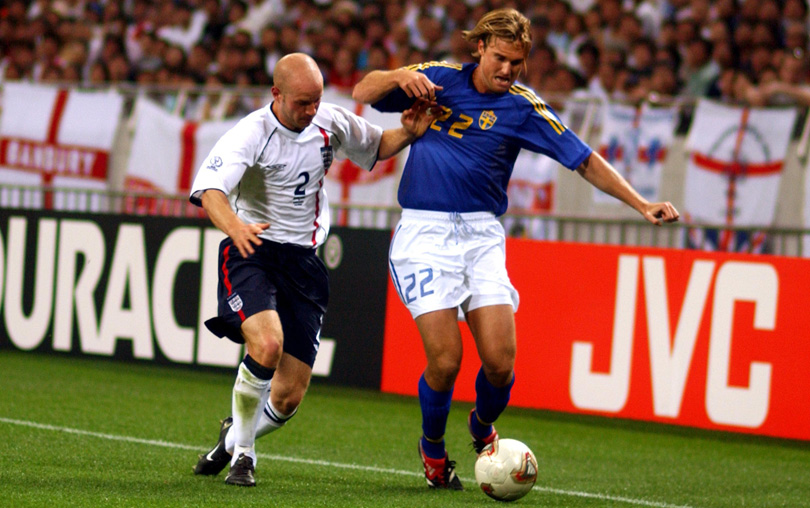
Andersson was signed from Milan by Kenny Dalglish as a replacement for cult hero Tino Asprilla, but Newcastle fans didn’t take to the Swede. He pitched up for an ineffective Premier League debut against Aston Villa, and the attacker – resplendent with his long, flowing locks – earned the nickname 'Pamela' among the Toon faithful.
It took Andersson nine games to score his first goal for the club, and though he added three more that season, he returned to Sweden with AIK after a year in the north-east. Fast-forward to 2002 and Andersson’s AIK form earned him a call-up to Sweden’s World Cup squad, where he featured as a substitute in four games – including an ineffectual cameo against England.
Philipp Degen (Switzerland)
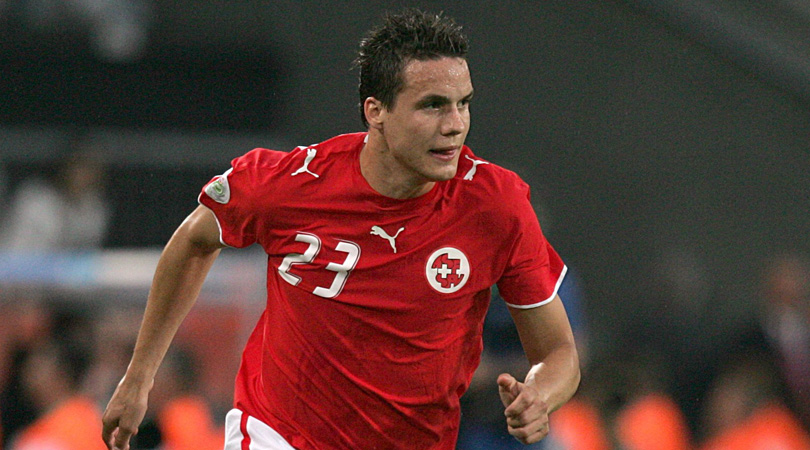
Liverpool fans must have been bewildered by Degen playing every minute of Switzerland’s 2006 World Cup campaign. Then again, most were shocked when he even managed to get on the pitch at Liverpool.
When Rafa Benitez brought the full-back/winger to Anfield on a free transfer in 2008, he told fans they would be getting “an offensive player with great energy and a winning mentality”. In the reality, the only offensive thing about Degen was the fact he managed seven risible league appearances in two injury-hit seasons at the club, with two separate metatarsal injuries sidelining him for long spells.
Frank Sinclair (Jamaica)
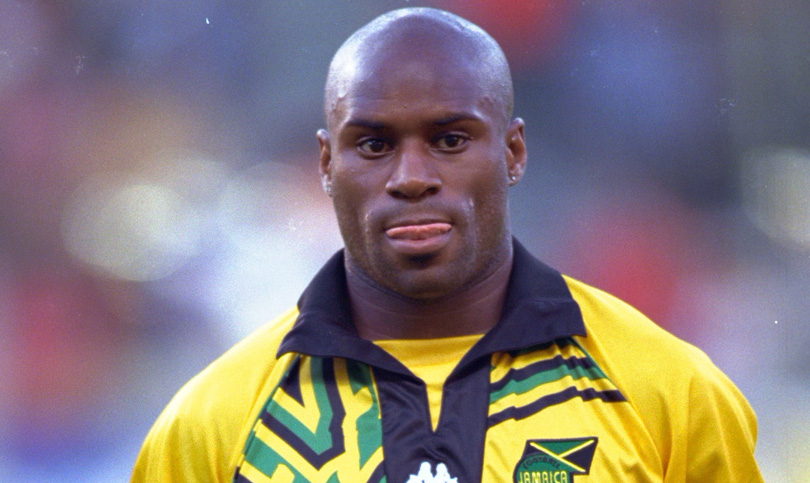
Sinclair’s top-flight career featured many memorable moments, good and bad. There was the time he celebrated scoring against Coventry in 1997 by dropping his shorts, his incredible knack for scoring own goals at Leicester, and a winning strike in the 1998 League Cup Final against Middlesborough.
Few could have predicted his career highlights would also include a World Cup with Jamaica, though, particularly as Sinclair had already been called up for England by Terry Venables in 1995. He wasn’t brought on for the Three Lions, though, and when the Reggae Boyz came calling three years later, the defender was happy to oblige.
Jean Makoun (Cameroon)
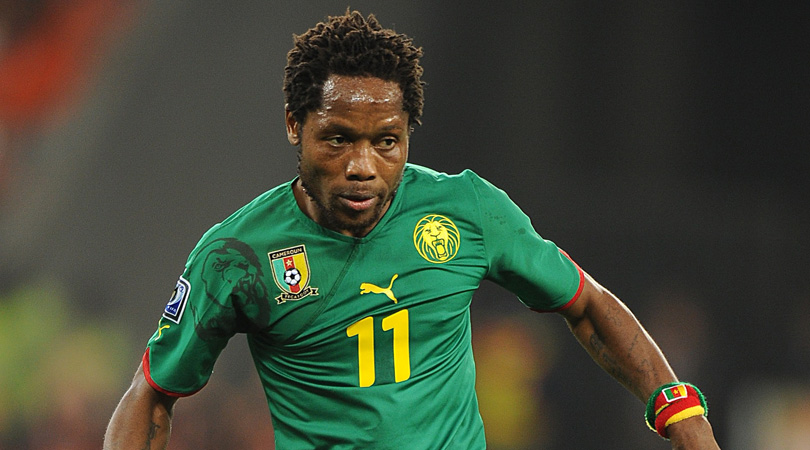
Makoun actually made the cut for Cameroon at two World Cup finals. Mind you, the Indomitable Lions put in a tame showing at both the 2010 and 2014 tournaments, losing six out of six group games.
Makoun, signed by Gerard Houllier from Lyon for £6m in January 2011, was red-carded in only his second game for the club. His tackle on Blackpool’s DJ Campbell was so bad, in fact, that it earned him a three-game ban. After nine appearances at Villa Park he was shipped out on loan, never to return.
Gilberto (Brazil)
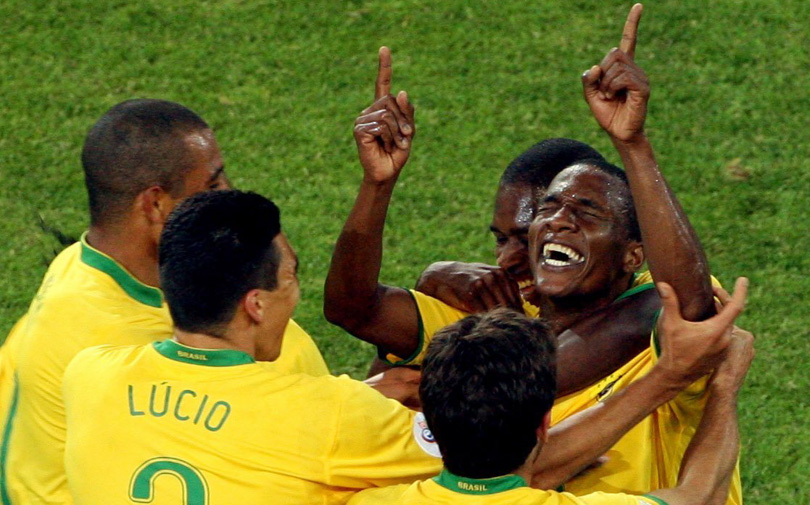
Far and away the worst signing of Damien Comolli’s three-year spell in charge of recruitment at Spurs, Gilberto arrived from Hertha Berlin in January 2008 and wasted little time in making a bad impression. Already 31, the Brazilian’s experience counted for nothing on his debut against PSV Eindhoven in the UEFA Cup, where he was guilty of a major blunder that handed the tie to the Dutch side.
All told, the left-back made six starts and three substitute appearances for Tottenham and was taken off at half-time on three separate occasions. Sold just over a year later, he regularly stars on lists charting Tottenham’s worst ever player – but Brazil manager Carlos Alberto Parreira had clearly seen something in him. He gave Gilberto a squad spot at the 2006 World Cup, where the full-back played twice and even scored – the fourth against Japan in the last group stage game with Brazil already qualified. Goooool!
Brett Holman (Australia)
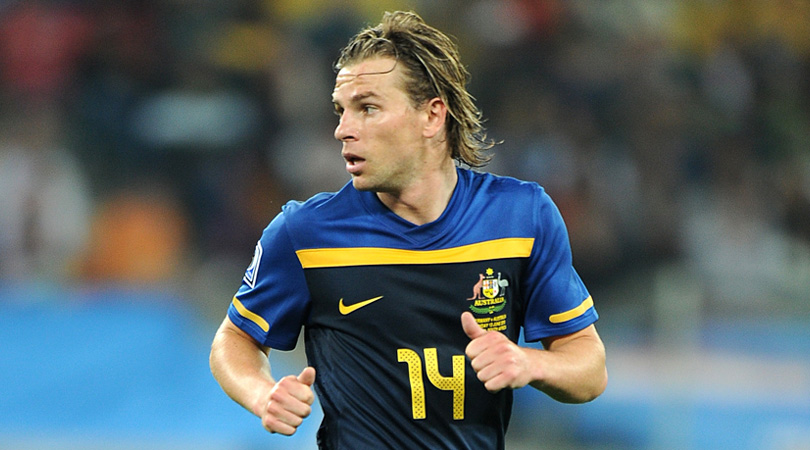
Holman's summer 2012 arrival at Villa Park from AZ Alkmaar garnered a lukewarm response from fans, and it soon became easy to see why. The Villans needed goalscoring reinforcements under Alex McLeish and the Australian didn’t exactly fit the bill, having netted just seven goals in 42 games during his final season in Holland.
Holman's chances of making an impression were hardly helped when McLeish was sacked just a few days into his time at the club, but a return of two goals in 29 stop-start appearances said it all. All of which made the fact that Holmann had already scored twice for the Socceroos at the 2010 World Cup more bizarre.
Marko Marin (Germany)
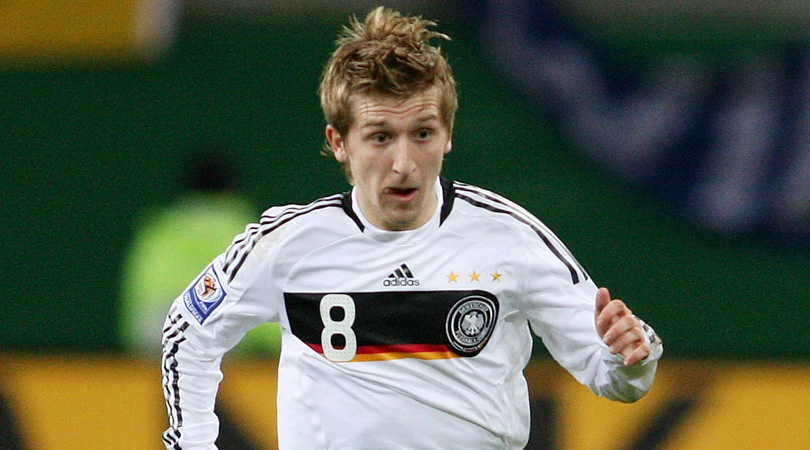
Of all the players to come and go from Stamford Bridge in the Roman Abramovich era, few have been as forgettable as Marin. Highly rated in his youth, the wideman arrived from Werder Bremen in 2012 and quickly set about… well, not doing much at all really.
In four years on Chelsea’s books, Marin clocked up 143 minutes of Premier League football, four loan spells and a solitary goal in 16 games for the Blues. By the time he left for Olympiakos on a permanent deal in 2016, most Chelsea fans had probably forgotten he was there to begin with.
It was a similar story at the 2010 World Cup. Marin made two unremarkable substitute appearances in the group phase which would end up being his last games for Die Mannschaft.
Eddie Johnson (USA)
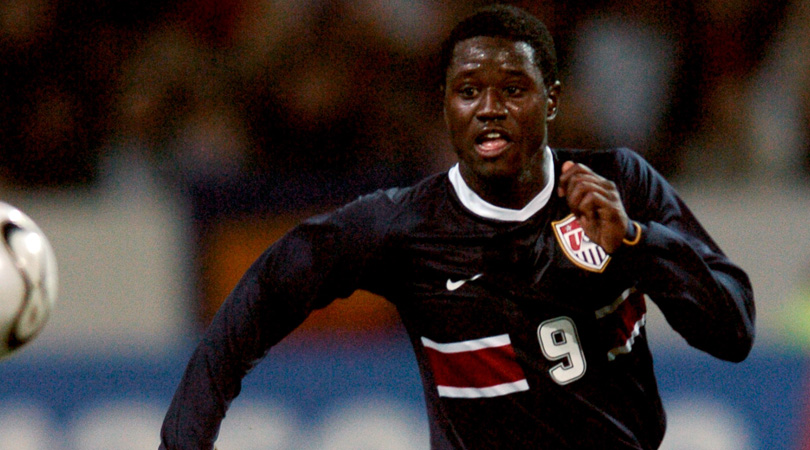
Fulham garnered a reputation for spotting American talent in the 2000s, with Brian McBride, Clint Dempsey and Carlos Bocanegra all brought over from MLS to great acclaim. Eddie Johnson not so much.
Recruited from Kansas City Wizards in 2008, Johnson struggled in his six short appearances for the Cottagers that season and failed to score a single goal. The striker clearly wasn’t cut out for the Premier League and yet, a year earlier, had been deemed good enough to go to the World Cup in Germany with Team USA. He played twice at the 2006 tournament, failing to score, and never returned to another World Cup.
He did, however, return to the top flight with Fulham after loans at Cardiff and Aris – then failed to score in 12 more appearances in 2010/11. Oh dear.
Sami Al-Jaber (Saudi Arabia)
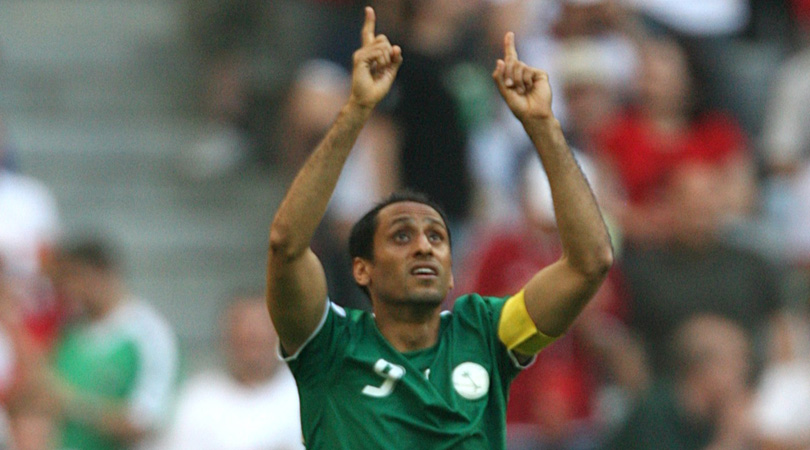
Wolves fans must have been shocked to see Al-Jaber pop up at the 2006 World Cup with a goal for Saudi Arabia against Tunisia. The striker had last been seen at Molineaux back in the 2000/01 campaign but hadn’t looked remotely like he was capable of playing, let alone scoring, at that level. And that was the English second tier.
Signed from Al-Hilal in a complex loan deal that came with an option to buy the forward for £1.2m, he went on to make just four league appearances as international commitments, injuries and homesickness resulted in the deal being cut short. Yet despite all of that, his goal in 2006 was his third in three different World Cups.
Silvio Maric (Croatia)
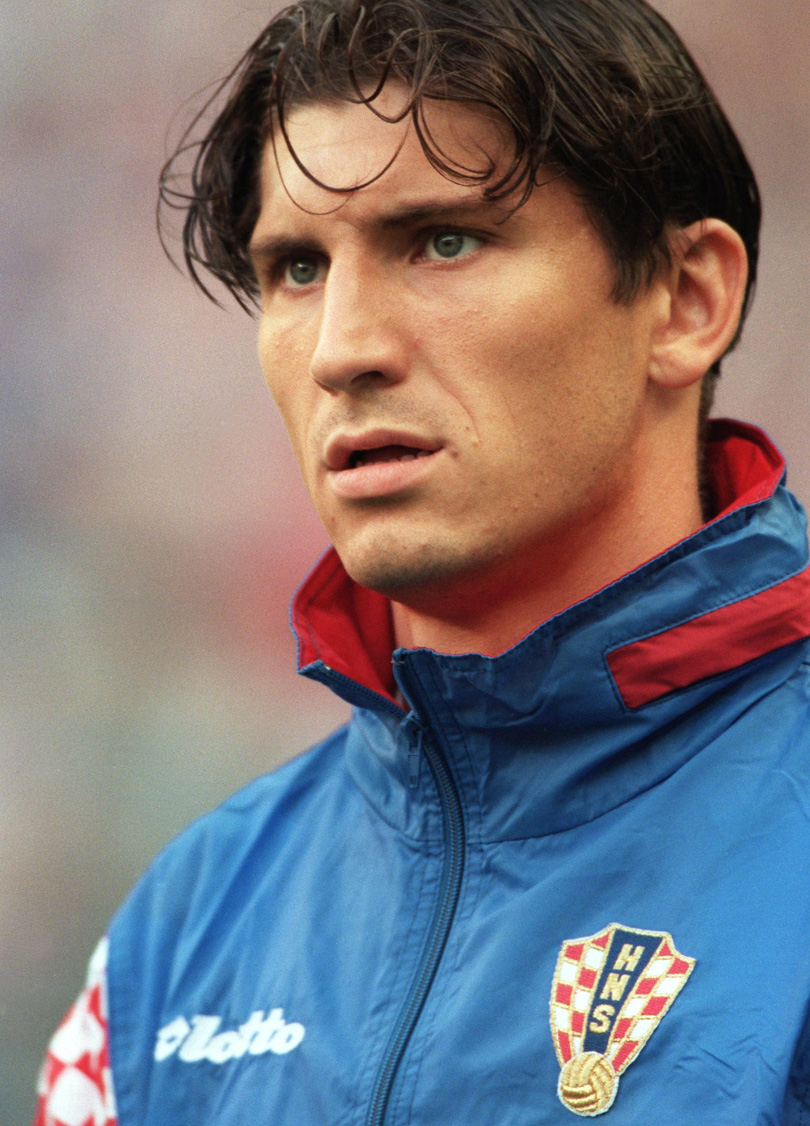
Back in the late 1990s, Maric was being tipped as an attacking midfielder for the future; a playmaker on a par with the one Luka Modric eventually turned out to be. But having arrived at Newcastle in 1999 from Dinamo Zagreb after some impressive displays against the Magpies in a Champions League qualifier, Maric struggled to live up to the billing.
Sure enough, he was sold on to Porto after a single season spent mostly being muscled off the ball (save for one assist in an FA Cup semi-final). Most fans perhaps didn’t even realise Maric had played for the Croatia side which finished third at the 1998 World Cup, let alone appear in four games (though admittedly only starting one).
Gabriel Paletta (Italy)

Paletta probably still has nightmares about his time with Liverpool in England, and one particularly torrid appearance in the League Cup against Arsenal. Julio Baptista ran him ragged that day in a 6-3 defeat at Anfield in 2007 when the Brazilian bagged four goals.
That proved the final straw for Rafa Benitez: Paletta was shipped out to Boca Juniors that summer. Most Liverpool fans must have been surprised, then, when seven years later the Argentina-born defender popped up playing for Italy against England at the 2014 World Cup, having qualified through his great grandfather. He put in a good shift too but couldn’t stop the Azzurri from exiting at the group stage alongside the Three Lions.
Danny Shittu (Nigeria)
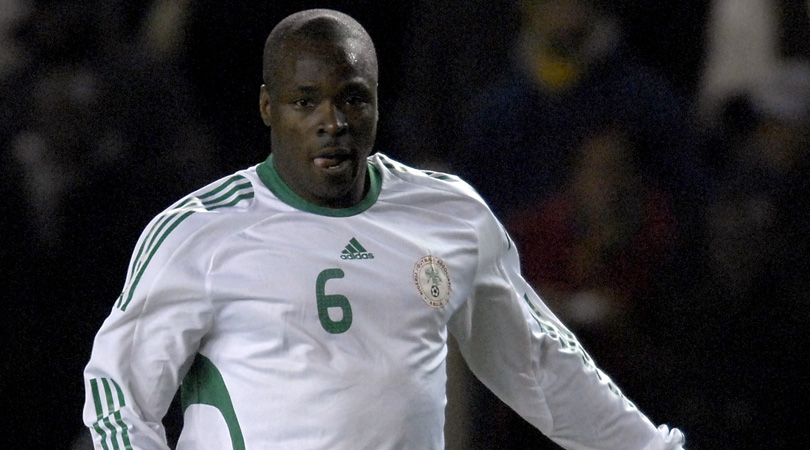
Shittu was a fine Championship defender who was always sharp in the tackle and strong in the air. Any QPR fan would tell you that, after 191 games across two spells for the club.
Bolton supporters might disagree, though. Given the chance to step up to the Premier League with the Trotters in 2008, Shittu struggled and played just 12 games in 2008/09. But despite failing to make a single appearance for Bolton the following campaign, Shittu still found himself called up to the Super Eagles squad for that summer’s World Cup, playing in four matches. Lars Lagerback must have been a QPR fan.
Jo (Brazil)
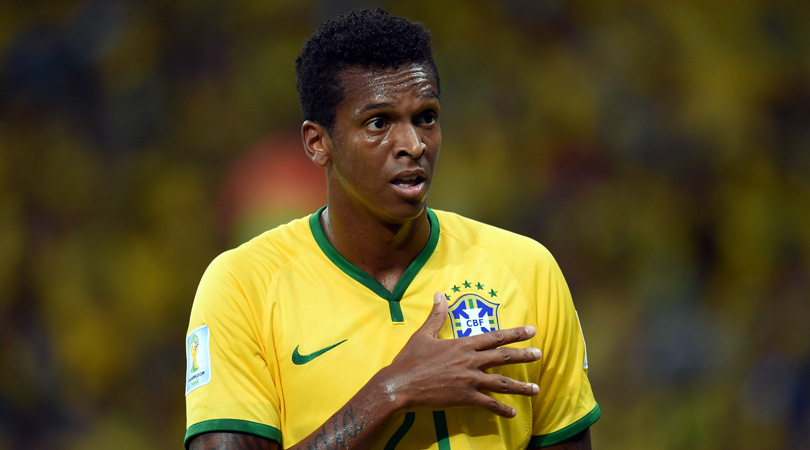
Brazil’s painful lack of quality strikers was brought into focus in the build-up to the 2014 World Cup, when Jo earned a call-up to the Seleção squad. A nation that once boasted the likes of Romario, Ronaldo, Ronaldinho and Rivaldo competing for places was suddenly being forced to slum it with the selection of a player who previously managed one goal in 21 Premier League games for Manchester City.
Brought to the Etihad for £19m by Sven-Goran Eriksson, the Brazilian fared better during a loan spell with Everton but isn’t fondly remembered by either club thanks to a winning combination of low work-rate and some unsanctioned trips back to Brazil. His home country returned the favour by giving Jo three appearances at the 2014 World Cup, where he failed to score. Now at Nagoya Grampus, he was in line to make the 2018 squad too.
Winston Bogarde (Chelsea)
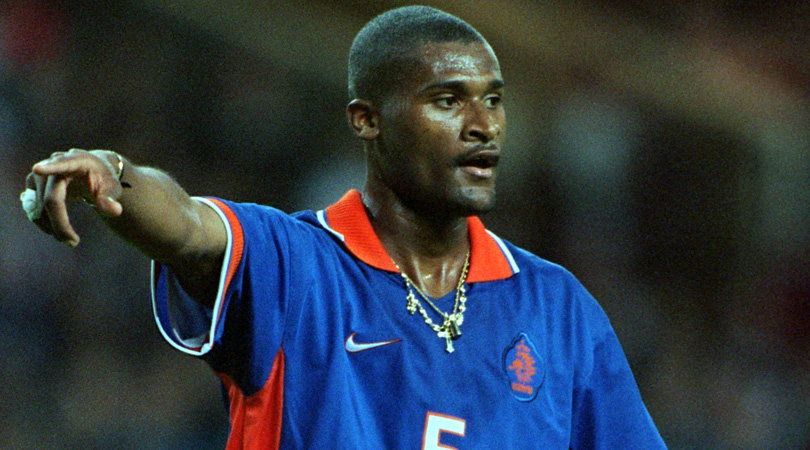
When Bogarde arrived at Chelsea in 2000 on a bumper contract, most Blues fans thought they were getting a defender worthy of his status as a former Ajax, Milan and Barcelona player with World Cup experience for Holland. But that impressive playing CV was deceptive.
Bogarde had played no part in Ajax’s 1995 Champions League Final win and only managed three Serie A appearances in Milan. Injuries also curtailed his impact at Barcelona, while his World Cup action amounted to two substitute appearances in the group stage at France '98 – and no minutes at all in the knockout round as the Dutch reached the semi-finals.
If Chelsea had paid heed to all of that, they may not have ended up giving him such a hefty contract – which Bogarde promptly sat on for four years despite barely featuring for the Blues. Hindsight is a wonderful thing, mind you.
Recommended...
BETWEEN THE LINES Ronaldo's 2002 World Cup redemption... according to him
QUIZ Name the top 50 Premier League goalscorers who’ve NEVER played a World Cup game
FEATURE Nike's iconic Airport '98 ad – by those who made it

